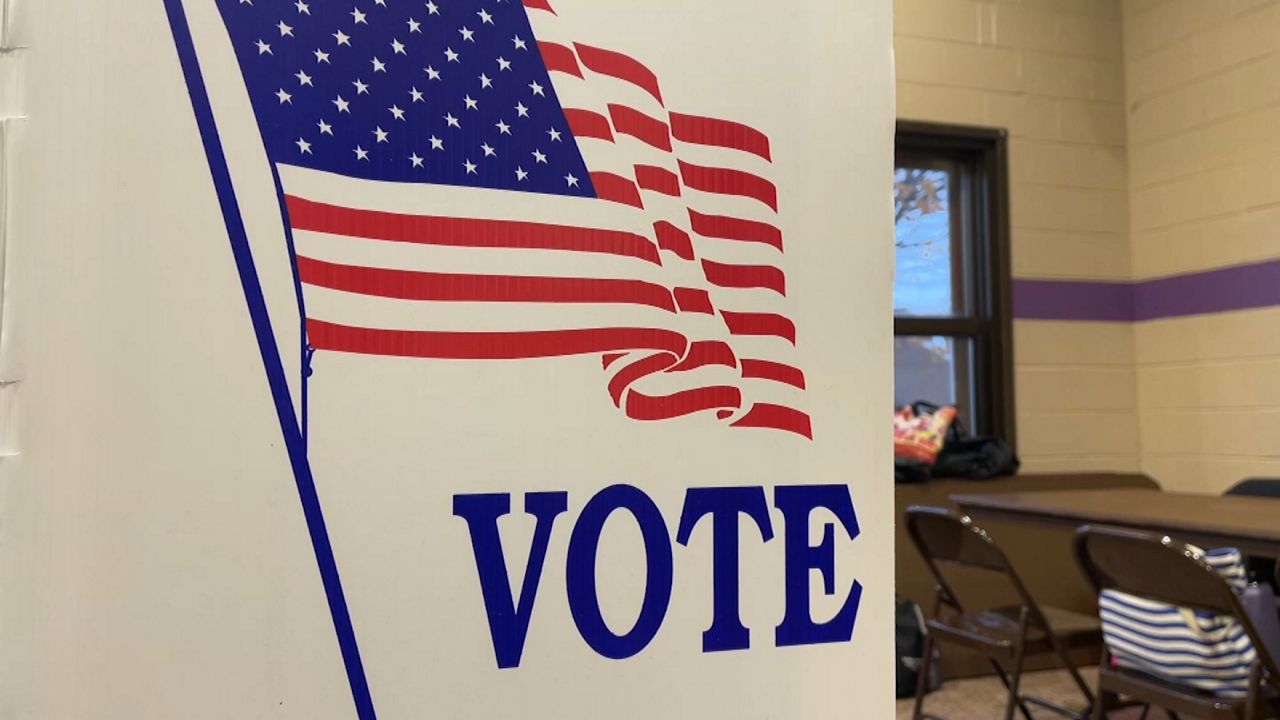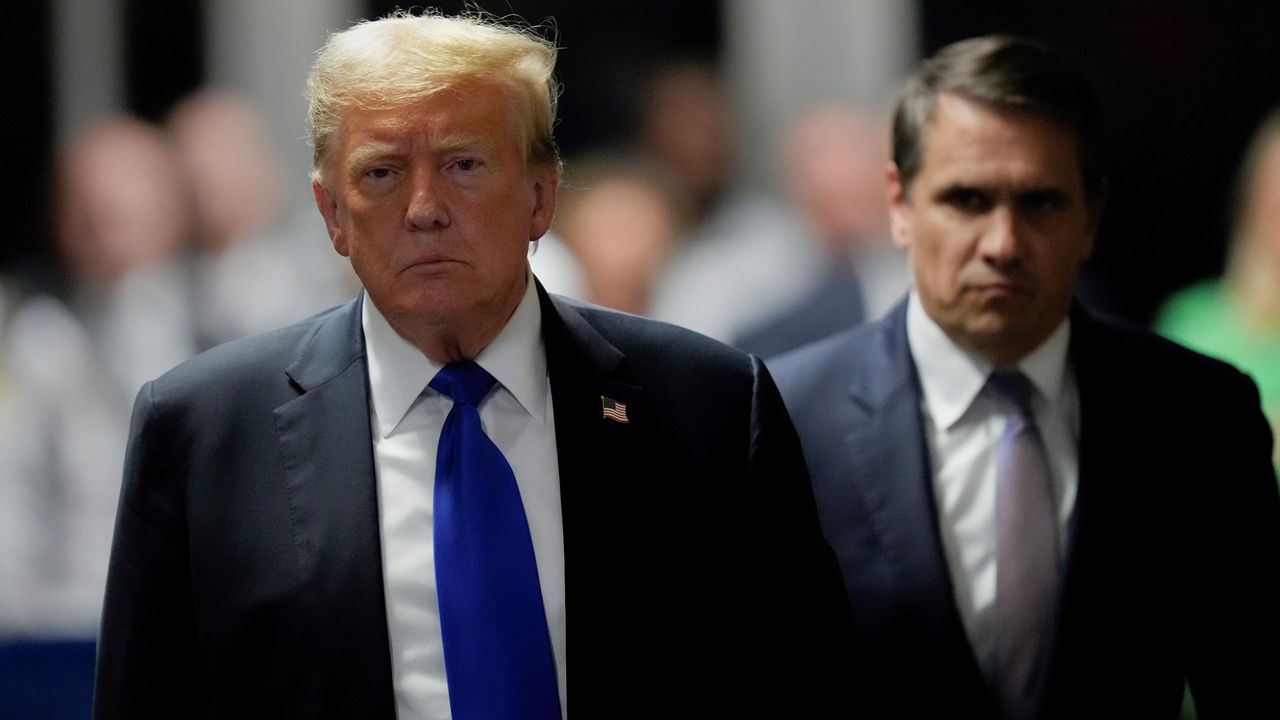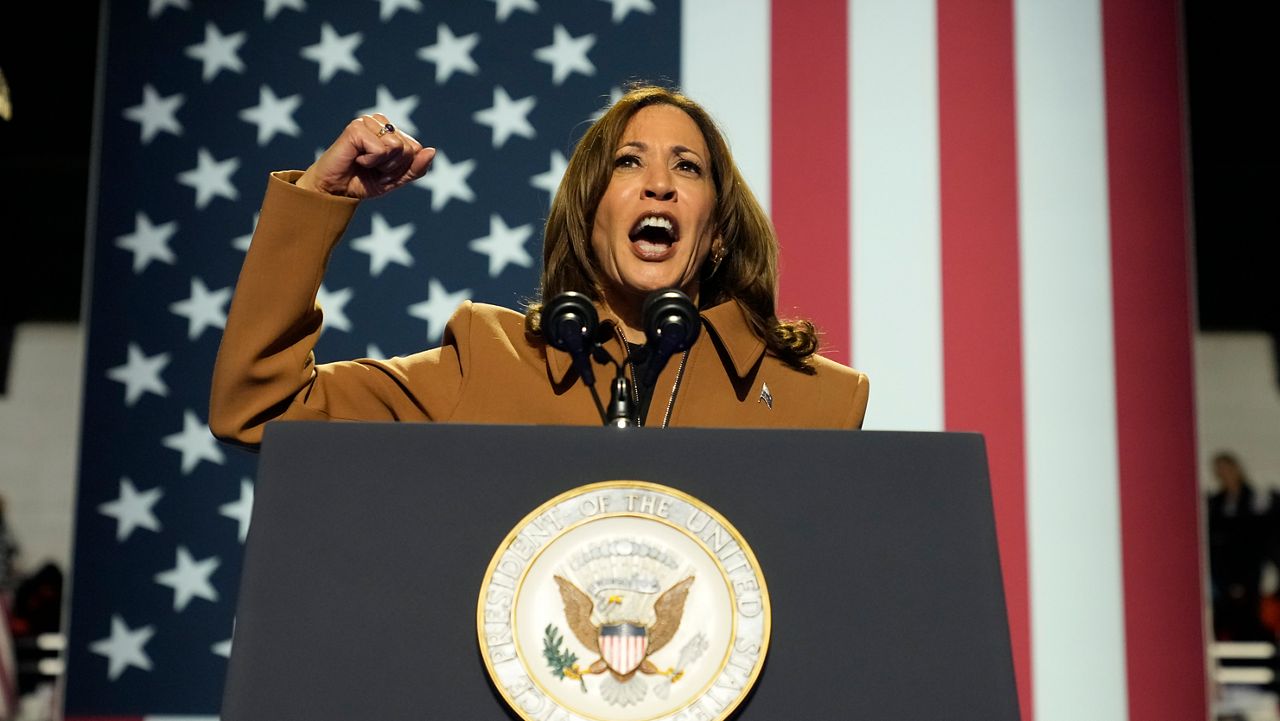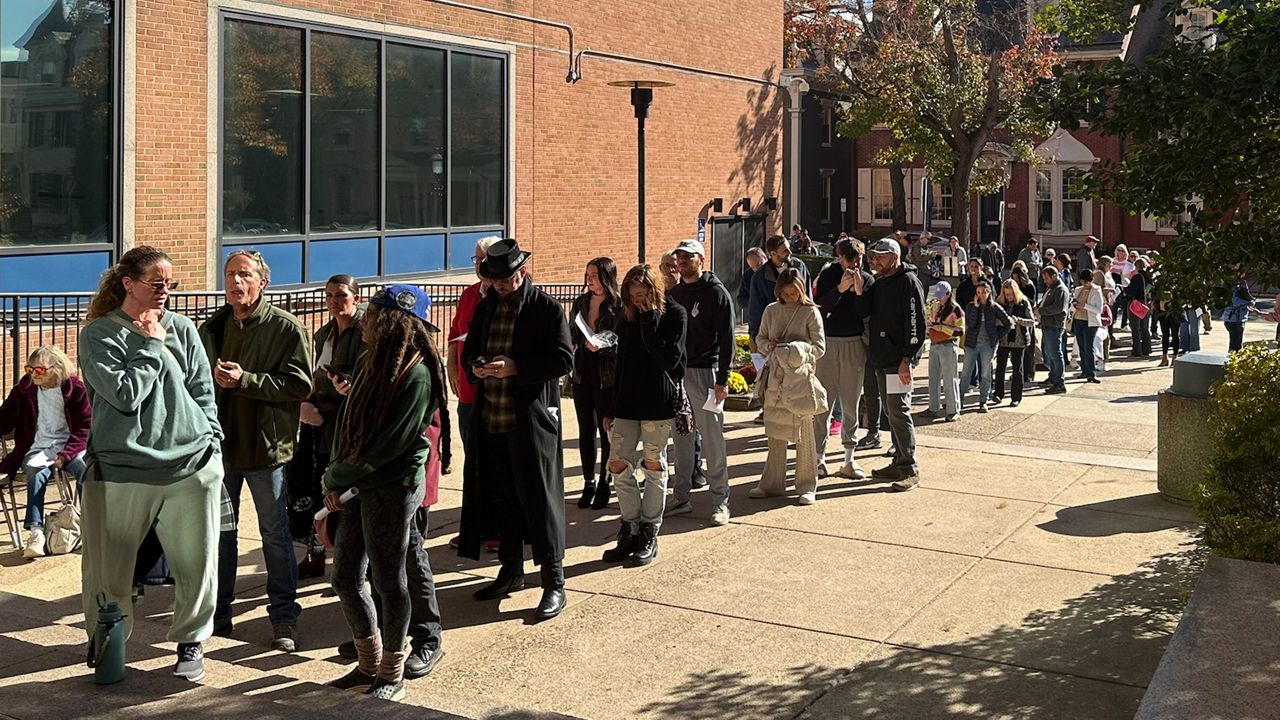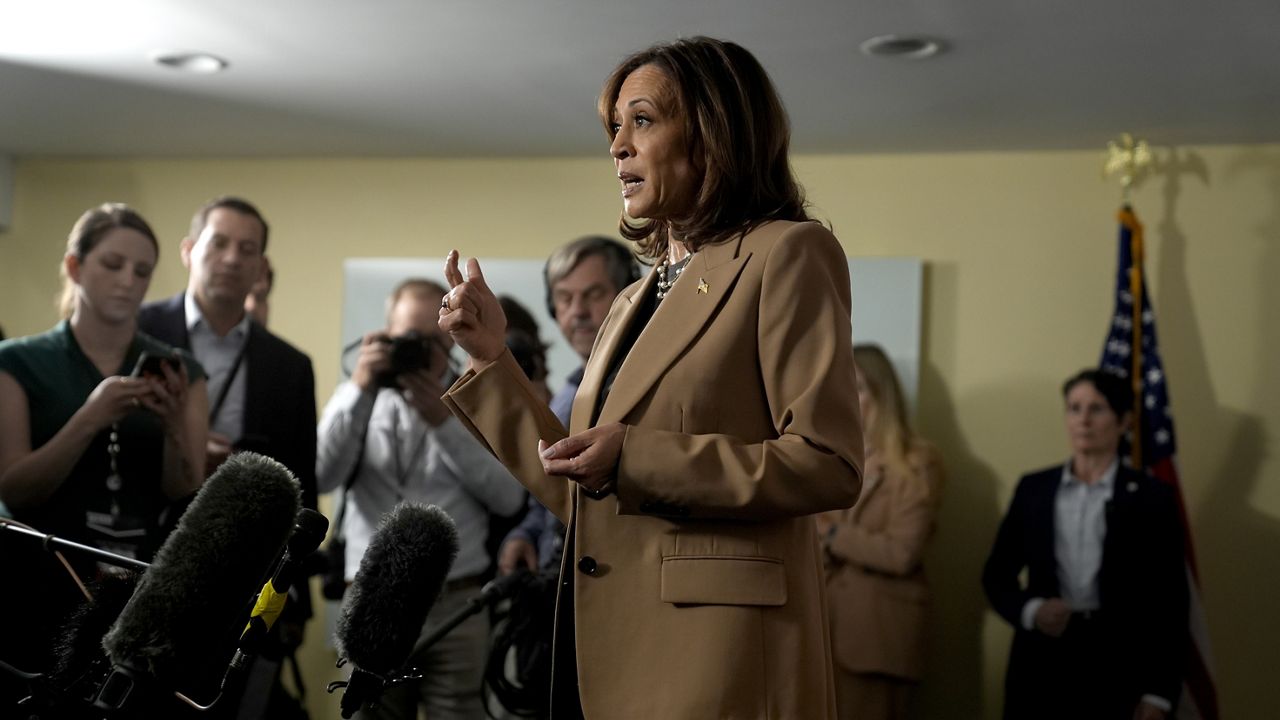Vice President Kamala Harris is set to unveil an "opportunity agenda" aimed at Black men on Monday that includes legalizing recreational marijuana, a move that would represent a major shift in the federal government's drug policy.
The plan, which calls for legalizing cannabis as a way to “break down unjust legal barriers that hold Black men,” also includes creating a National Health Equity Initiative focused on Black men, and loan assistance for Black entrepreneurs.
In addition to the cannabis proposal, the plan calls for 1 million fully forgivable loans of up to $20,000 to Black entrepreneurs, according to the campaign.
The plan would also invest in programs under the purview of the Department of Education to collaborate with historically Black colleges and universities and to try to increase the number of Black male teachers in public schools. The health initiative would seek to address illnesses such as sickle cell disease, diabetes, mental health, prostate cancer and other health challenges that disproportionately impact Black men.
“This agenda is a further realization of Vice President Harris’ Opportunity Economy,” said Harris-Walz Campaign Co-Chair Cedric Richmond in a statement. “An economy where people don't just get by, but get ahead. Where Black men are equipped with the tools to thrive: to buy a home, provide for our families, start a business and build wealth.”
It's the latest attempt by Harris to reach Black men as polls suggest that support among Black voters for Democrats may be waning.
Harris spent the weekend in the battleground state of North Carolina, trying to bridge the gap with Black voters. She met with local Black elected, faith, and community leaders in Raleigh, attended church service in Greenville and met with Black farmers.
A recent New York Times/Siena College poll found that nearly eight out of 10 Black voters nationwide said they would vote for Harris, while 15% said they'd support Trump, still an overwhelming majority but a smaller margin compared to 2020 and 2016. Of the voters polled, just 70% of Black men said they would vote for Harris, while 20% said they would back the former president.
During a campaign swing through Pittsburgh last week, former President Barack Obama encouraged Black men to get involved in the election and support Harris.
"I'm going to go ahead and just say, speak some truths, if you don’t mind, because my understanding, based on reports I'm getting from campaigns and communities, is that we have not yet seen the same kinds of energy and turnout in all quarters of our neighborhoods and communities as we saw when I was running," Obama said.
"Part of it makes me think – and I'm speaking to men directly – part of it makes me think that, well, you just aren't feeling the idea of having a woman as president, and you're coming up with other alternatives and other reasons for that," he added.
Harris’ plan says if elected president, she will work with Congress “to ensure that the safe cultivation, distribution, and possession of recreational marijuana is the law of the land,” while also ensuring that Black men, “who have, for years, been overpoliced for marijuana use,” have access to wealth and jobs in the new industry.
It's not the first time that Harris has mentioned legalizing recreational cannabis on the campaign trail.
“I just think we have come to a point where we have to understand that we need to legalize it and stop criminalizing this behavior,” Harris said last month on the “All the Smoke” podcast hosted by former NBA stars Stephen Jackson and Matt Barnes.
Harris' stance on marijuana goes a step further than President Joe Biden, who moved to reclassify cannabis as a less dangerous substance earlier this year.
Harris' policies on cannabis have shifted over the years. As San Francisco's district attorney, she defended medical cannabis, but her office prosecuted roughly 1,900 marijuana convictions; most were downgraded to misdemeanors. As a senator, Harris co-sponsored New Jersey Sen. Cory Booker’s Marijuana Justice Act which would have removed marijuana from the list of scheduled substances under the Controlled Substances Act.
Currently, 24 states plus Washington, D.C. have legalized recreational marijuana, while an additional 14 states have laws on the books to allow for cannabis use for medical purposes. A 2022 Pew Research Center survey found that 59% of Americans said marijuana use should be legal either for recreational and medical use.
The Harris campaign says it plans to use the final three weeks leading up to Election Day to continue engaging Black men, including events with Black male celebrities and influencers in a “Black Men Huddle Up” watch parties for upcoming NFL and NCAA games in battleground states. Harris will also appear at a town hall with Charlamagne tha God in Detroit on Tuesday.
In the coming days, ads featuring Black male voices and testimonials will begin hitting the airwaves, and the Harris-Walz Black voter engagement team will continue its Shop Talk series, Brother to Brother canvass events, and host a Black men’s forum in Milwaukee this week.






